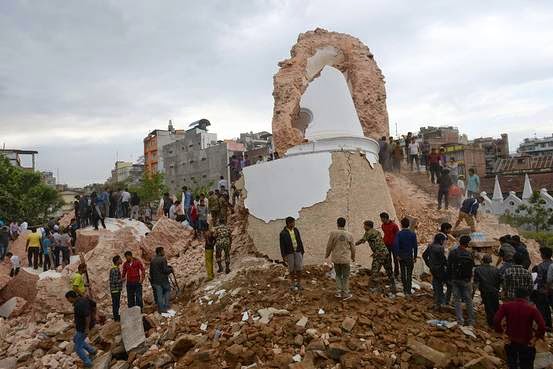Why are Indian tourists not taking Bhutanese cars?
The short answer is the affordability. Most Indian tourists love to travel cheap. But the bigger question is how could Indian cars offer such competitive price that the Bhutanese can't beat. There comes the logical reasoning. It's like buying one item from a legitimate shop at certain rate and another exactly same one from footpath at almost half the price. The footpath guy could sell at cheaper price because he didn't have to pay any form of tax.
 |
| White Number Plate. Courtesy: Celex.co.in |
 |
| West Bengal Taxi, which is hard to see |
Indian tourists don't have to pay $250 per day, in fact they don't spend that much during their entire tour. The tour operators across the borders use the cheapest hotels in Bhutan, and send in their own cars, thereby contributing almost nothing to our revenue. If carefully calculated, we might find out that they contribute more in polluting our air than building our economy. Not to mention the pressure the additional cars put on our fuel supply.
Considering all these, I feel our government should take a simple decision to disallow Indian cars beyond Rinchending (Kharbandi) or allow only those cars with yellow number plates, which is helping India curb the problem of illegal taxis. Any of the two decisions would compel the Indian tour operators to hire Bhutanese cars or tourist buses, contributing more to our economy and livelihood of people living on transport business.
One Bhutanese tour guide per group should be made mandatory for the safety of Indian visitors, to give them right guidance, sensitise them to the local culture and habits, especially while visiting the Dzongs and Lhakhangs. This will ensure that our visitors will have the best travelling experience, our roadsides will be clean, our culture respected and our tour guides have constant source of income. Happiness then is truly a place.


